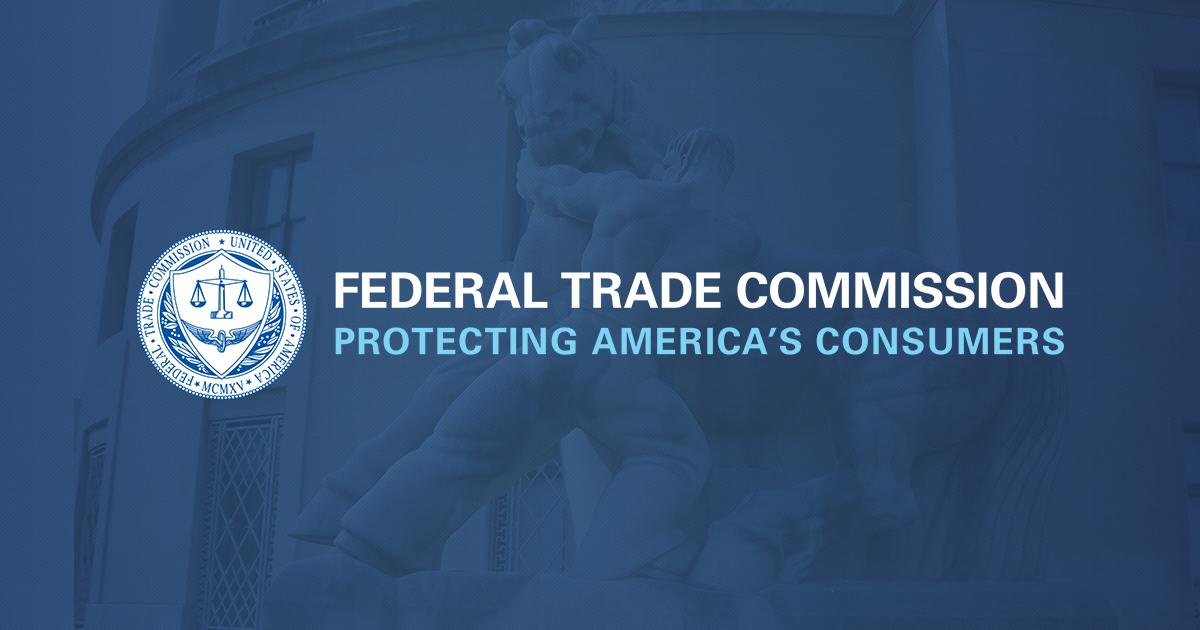Lifestyle Vending, Inc., and its owners, Michael Eisenberg and Maryann McCulloh, have agreed to settle Federal Trade Commission charges that they misled consumers into paying thousands of dollars for a vending machine business venture without substantiating their claims about its earning potential.
This case was brought as part of Project Fal$e Hope$, an FTC-led effort that targeted bogus business opportunities and work-at-home scams, producing more than 100 law enforcement actions by the FTC, the Department of Justice (DOJ), the U.S. Postal Inspection Service, and law enforcement agencies in 11 states.
According to a complaint filed by the DOJ on behalf of the FTC, the defendants told consumers that they could earn $50,000 per year with the purchase of 30 candy vending machines for amounts ranging from $5,995 to $9,895. The defendants allegedly violated the FTC’s Franchise Rule and the FTC Act by failing to provide accurate and complete basic disclosure documents. The defendants made earning claims even though they lacked a reasonable basis for each claim when it was made, failed to disclose that information supporting each claim was available to prospective franchisees, and/or failed to provide an earnings claims document. The defendants also allegedly made earnings claims without disclosing information required by the Rule, among other things, including the number and percentage of purchasers who achieved the same or better results.
Under the proposed settlement, the defendants are barred from violating the Franchise Rule or the Business Opportunity Rule. They are also barred from making misrepresentations about any business venture or income-generating product or service, including the income, profit, or sales volume that a purchaser is likely to receive or that others have achieved; how long it is likely to take to recoup the investment; the independence or authenticity of any third-party references; the amount of competition within, or a purchaser’s territorial rights to, any geographic territory; the availability or existence of profitable locations in a purchaser’s geographic area; and the terms and conditions of any assurances, refunds or guarantees of profitability.
The settlement imposes a $2,196,088.90 judgment, all but $150,000 of which is
suspended due to the defendants’ inability to pay. The full judgment will be imposed if they are found to have misrepresented their financial condition.
The Commission vote to authorize the Department of Justice to file the stipulated final order was 5–0. It was filed in the U.S. District Court for the Eastern District of New York.
Note: This stipulated final order is for settlement purposes only and does not constitute an admission by the defendant of a law violation. A stipulated final order requires approval by the court and has the force of law when signed by the judge.
Copies of the stipulated final order are available from the FTC’s Web site at http://www.ftc.gov and from the FTC’s Consumer Response Center, Room 130, 600 Pennsylvania Avenue, N.W., Washington, D.C. 20580. The FTC works for the consumer to prevent fraudulent, deceptive, and unfair business practices and to provide information to help spot, stop, and avoid them. To file a complaint in English or Spanish, click http://www.ftc.gov/ftc/complaint.shtm or call 1-877-382-4357. The FTC enters Internet, telemarketing, identity theft, and other fraud-related complaints into Consumer Sentinel, a secure, online database available to more than 1,600 civil and criminal law enforcement agencies in the U.S. and abroad. For free information on a variety of consumer topics, click http://www.ftc.gov/bcp/consumer.shtm.

